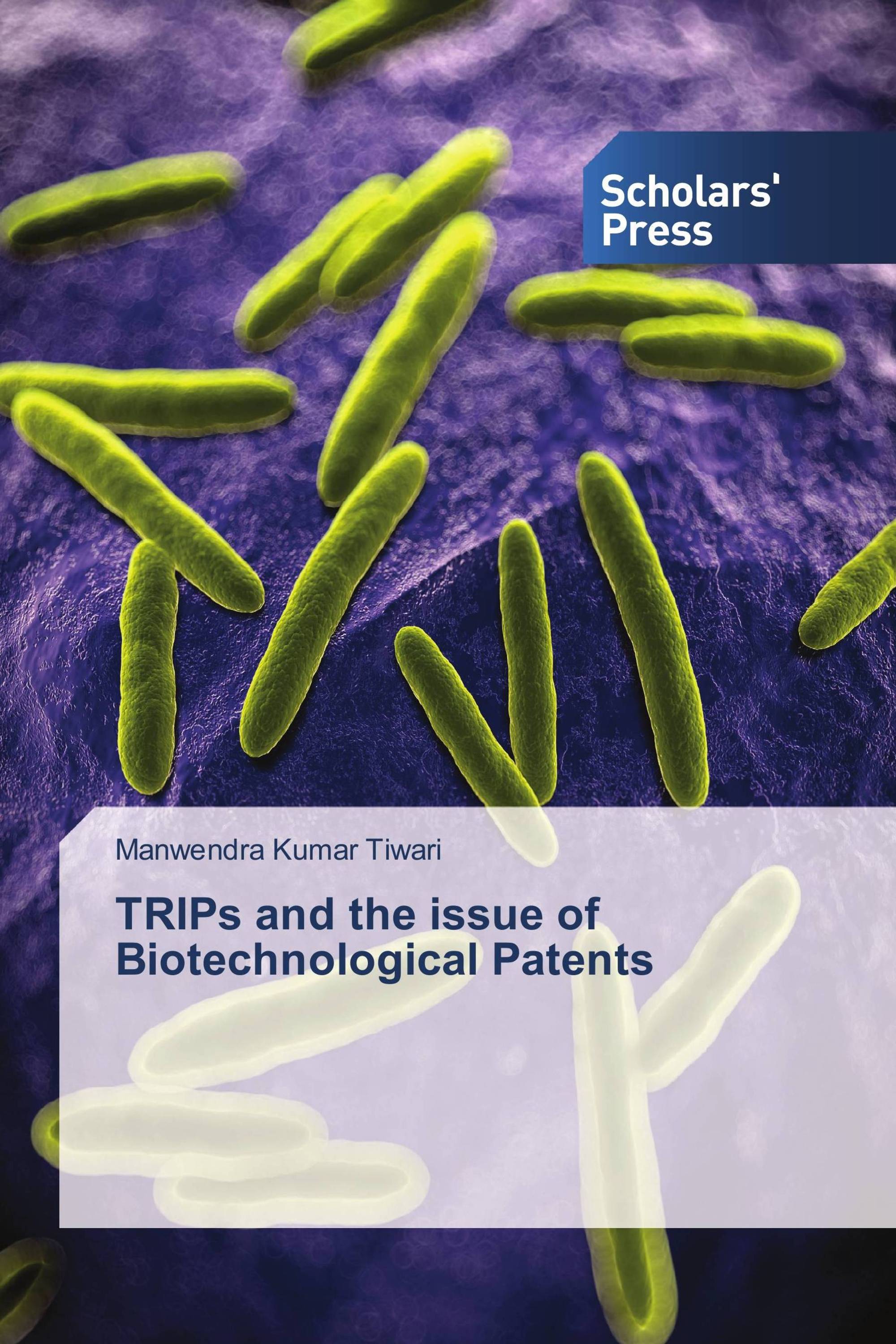Patent law screens innovations with four basic tests; subject-matter, non-obviousness, novelty and utility Subject-matter involves a balancing of policy evaluation of the competitive possibilities against the received “value” of art or industrial sector, the value of continued competition, and the price the public must expect to pay. Of the three remaining tests only non-obviousness presents the kind of serious dispute also inherent to the subject-matter inquiry. Written description of the invention, though, only a procedural requirement creates a major impediment for biotechnological patents from getting patented, thereby, significantly related to the subject-matter inquiry in case of biotechnological patents. The other two tests of invention- novelty and utility seems so obviously factual as to not raise the question of industrial policy. In that sense, the non-obviousness calculation simply represents the proportion, demand, or confidence that the government as patron assigns to the enterprise. A very low non-obviousness threshold signals a decision to provide massive subsidization of the entire industry and the Biotechnology clearly seems to be that industry.
Book Details: |
|
|
ISBN-13: |
978-3-639-51631-9 |
|
ISBN-10: |
3639516311 |
|
EAN: |
9783639516319 |
|
Book language: |
English |
|
By (author) : |
Manwendra Kumar Tiwari |
|
Number of pages: |
196 |
|
Published on: |
2013-07-20 |
|
Category: |
Law, Occupation, Finances |

